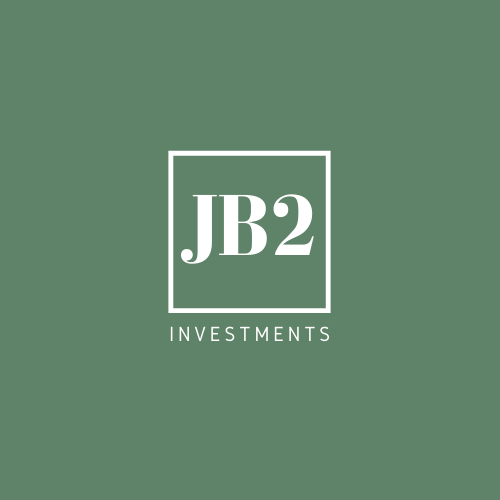Appreciation Vs. Cash Flow Investing
This is a discussion that if we are not having it with our investors, we know it’s going in their heads. Do I invest in deals that are more appreciation or cash flow heavy? The JB2 Investments team came from the flip world where it was all appreciation and no cash flow to a mostly cash flow world with some appreciation. At this point, let's just say we sleep better in this new world.
So, let’s discuss why we feel being more cash flow heavy is the way to go. But first, let’s start with some definitions.
Appreciation
Appreciation refers to the increase in value that can only be unlocked at a refinance or a sale. There are also two different types; natural market appreciation and forced appreciation. One way to increase rent is through natural market appreciation, and the other is by forced appreciation.
Cashflow
Cash flow refers to the amount of profit distributed to you from the operation of the apartment complex. The percentage return is based on what is distributed to you yearly, divided by the invested cash.
The JB2 Investments Career Path was Defined by Appreciation
We bought hundreds of homes at a low basis (good price), improved them, and sold them for a significant profit. And, we usually did this within a year or less. Our share of those profits was primarily invested into duplexes that would help pay for our living expenses. This eventually had natural market appreciation and forced appreciation by improvements that we did.
We had appreciation to the point that the equity was no longer being efficiently returned upon. For example, let's say you have $10,000 in cash flow a year divided by a $100,000 equity position. This equals a 10% return. So, let's say in five years, your cash flow is now $11,000 divided by a new equity position of $250,000, your return is 4.4%, making it inefficient.
The rise in rent doesn't always correlate to the value, especially in geographies such as Los Angeles. So, year-over-year equity will be more inefficient. Based on this idea, we got to a point where it made sense to sell into more cash flow heavy markets. We aren't against the idea of buying properties for more appreciation which you eventually sell to buy more cash flow-rich properties. But it also has a lot to do with whether or not you need to grow your capital or have already built it up.
We Focus on Cashflow
We focus on cash flow because it's a great way to supplement your income and ensure stability in your life. The goal is that eventually, that income will replace your current primary income source. So, it's made a lot of sense to trade up from higher appreciating assets into higher cash-flowing assets. As a result, we often more than triple our cash flow, making it a significant one if not a primary income source. The idea here is that you won't retire on one investment but over many investments, over multiple years. And, with the compounding nature of real estate, you can retire or get involved in more passion projects.
Just because an asset is higher cash flowing doesn't mean it's not appreciating. When you increase the NOI (net operating income) in apartments, you force appreciate the value by the prevailing cap rates.
Once a property is fully stabilized and semi-on auto-pilot, it just becomes a cash cow. The accumulation of these cash cows can amount to a healthy sum of tax-efficient cash in your pocket every month and freedom to do what you want when you want it.
What’s the Best Route? Appreciation or Cash Flow?
If you have a high-paying career that gives you little time for other things, it behooves you to set aside some cash to invest in cash-flowing property passively. A majority of our wealth came from investing in cash-flowing duplexes that we held for over ten years.
We understand the need to build some capital to be able to invest in them. So, that can come from a high-paying job or possibly some more short-term appreciating assets like flips. This said we would proceed with caution right now with flips as the market can turn at any time. With cash-flowing assets, usually, rents don't take the same hit as values do when there is a market downturn. This makes the stabilized cash-flowing investment a much less risky investment.
Everyone's financial path is a bit different, but in our opinion, the cash flow play always wins in the long term.
If you like to learn more about our cash-flowing deals Join Our Tribe!

